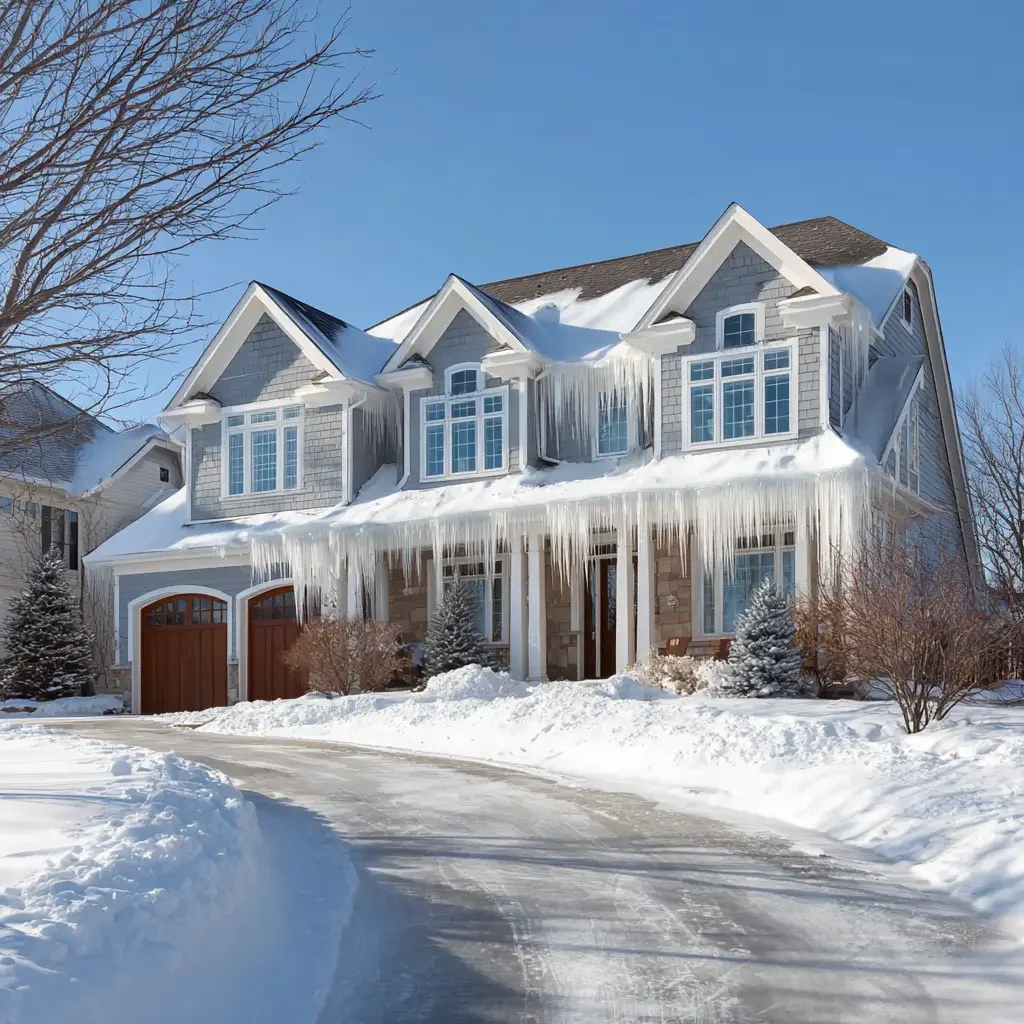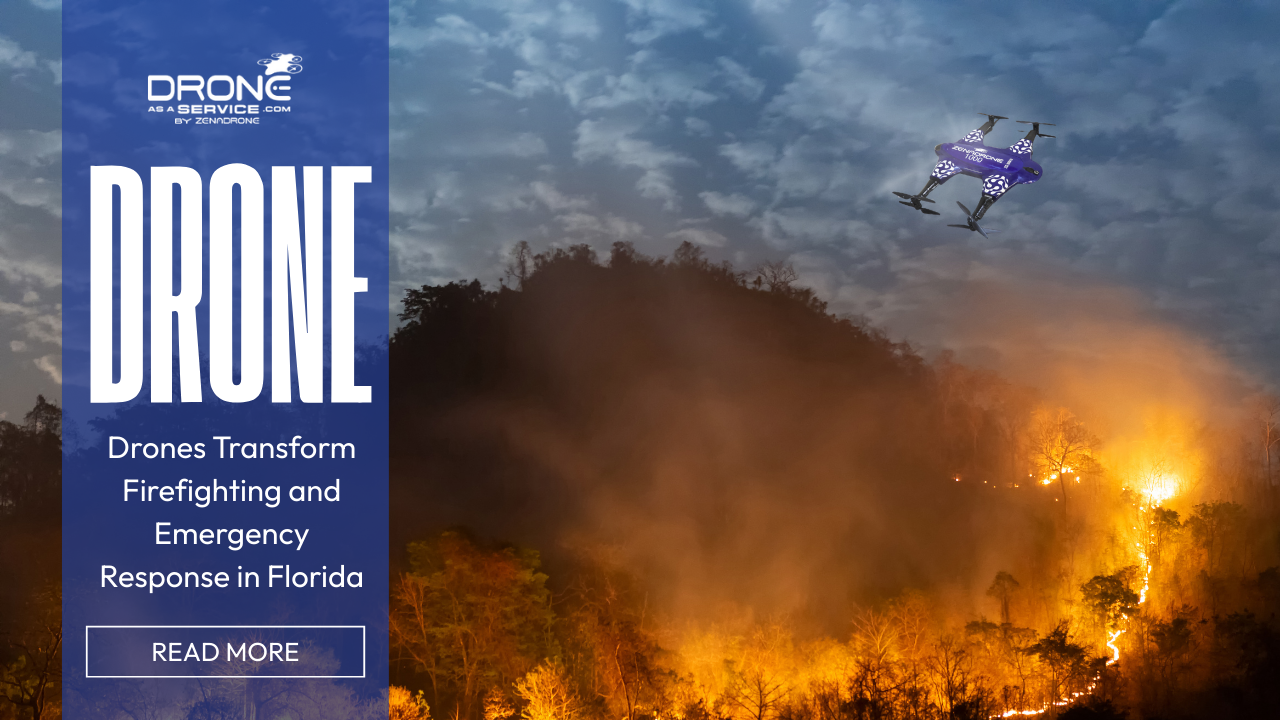Does Renters Insurance Cover Hurricane Damage in Florida?
Renters Insurance & Hurricane Damage: What Every Florida Renter Needs to Know
If you’re renting in Florida, there’s a good chance you’ve looked out the window during hurricane season and wondered, “Am I actually covered if this storm hits?”
It’s a fair question—and an important one.
Hurricanes are unpredictable. They don’t just damage buildings; they upend lives. As a renter, you might not be responsible for fixing the roof or replacing the broken windows, but that doesn’t mean you walk away untouched. Your stuff, your temporary housing, and even your safety can all hinge on what’s in your renters insurance policy.
So let’s break it down. No fluff. Just what you need to know to protect yourself before and after a storm.
What Renters Insurance Covers After a Hurricane
Most renters policies offer three key protections: personal property, liability, and additional living expenses (ALE).
Personal Property
This is the coverage that protects your belongings—furniture, electronics, clothes, kitchen gear, etc. If hurricane winds break a window and rain ruins your couch, this is the part of your policy that steps in.
A few things to know:
Wind damage is usually covered, but it depends on the policy.
Rain that comes in through a damaged window or roof might be covered.
Floodwater creeping in through the door? Probably not (we’ll talk more about that in a minute).
Liability
Let’s say part of your apartment ceiling collapses during the storm and a friend visiting gets hurt. If they sue or have medical bills, your liability coverage can help cover the costs. Not glamorous, but incredibly important.
Additional Living Expenses (ALE)
If your rental becomes unlivable—say, no power for weeks, major water damage, or mold—ALE can help you cover the cost of temporary housing. That includes hotel bills, meals, laundry, and even pet boarding in some cases.
Tip: Keep your receipts. All of them.
What Renters Insurance Doesn’t Cover (And Where People Get Burned)
Here’s where it gets tricky. Not everything caused by a hurricane is covered under your standard policy.
Flood Damage
Renters insurance usually does NOT cover flood damage from:
Rising water
Storm surge
Flooded streets
If water enters your unit from the ground up, it’s considered a flood. And unless you have a separate flood policy, that’s on you.
What to do: Look into a flood insurance policy through the National Flood Insurance Program (NFIP) or a private provider. It’s cheaper than you think and can save you thousands.
Damage to the Building Itself
That’s your landlord’s problem. Renters insurance only covers what’s inside your unit. But if the structure’s failure (like a leaking roof or burst pipe) damages your stuff, your policy might help.
High-Value Items
Think jewelry, collectibles, expensive camera gear. Standard policies have limits. If you’ve got anything that would break your heart—or your budget—if it was lost, ask your agent about scheduling it separately.
What To Do Right After a Hurricane
Let’s say the worst happens. Your rental is damaged, and your stuff took a hit. What now?
Step 1: Document Everything
Take photos, shoot video, make notes. Open drawers. Check closets. You’ll need a clear record of what was damaged.
Step 2: Prevent More Damage
Cover broken windows with plastic. Move wet items to dry areas. The insurance company expects you to stop the bleeding, so to speak.
Step 3: File Your Claim
Call your insurer or file online ASAP. The sooner you’re in the system, the faster your claim moves.
Step 4: Save Your Receipts
If you have ALE coverage, you’ll need to prove every dollar you spent on hotels, meals, gas, etc.
Step 5: Get Help If You Need It
If your claim gets lowballed or denied, don’t give up. A public adjuster works on your behalf to make sure the insurance company pays what it owes.
Extra Tips for Florida Renters
Inventory Your Stuff Now
Take 15 minutes this weekend. Walk around, snap photos, write down serial numbers for big-ticket items. You’ll thank yourself later.Understand Your Deductible
Hurricane deductibles are often higher and based on a percentage of your coverage. That $500 deductible? Not what applies during a named storm.Know Your Zone
Understand whether you’re in an evacuation zone and what the plan is. Don’t wait until the last minute.Keep Important Docs Accessible
Digitize your policy, receipts, ID, and keep them on a cloud service or a flash drive you can grab in a hurry.
Final Thoughts
Renters insurance isn’t expensive, but when a hurricane hits, it can make all the difference between starting over with help—or starting over from scratch.
Don’t wait until a storm is spinning toward the Gulf to ask what your policy covers. Know now. Ask questions. Add flood insurance if you need it. And if you find yourself in the middle of a claim that feels unfair or overwhelming, bring in someone who knows how to fight back.
Shoreline Public Adjusters has helped renters across Florida recover after major storms. If you’ve been affected and want someone in your corner, we’re ready to help. No pressure—just honest advice and clear answers. Reach out for a free consultation.
Shoreline Public Adjusters, LLC
780 Fifth Avenue South
Suite #200
Naples, FL 34102Email: hello@teamshoreline.com
Phone: 954-546-1899
Fax: 239-778-9889





Got a lowball offer or a denied claim? In most cases, it's not too late to hire a public adjuster. Learn the state-specific deadlines and claim stages where a licensed public adjuster can still fight for a higher settlement on your behalf.